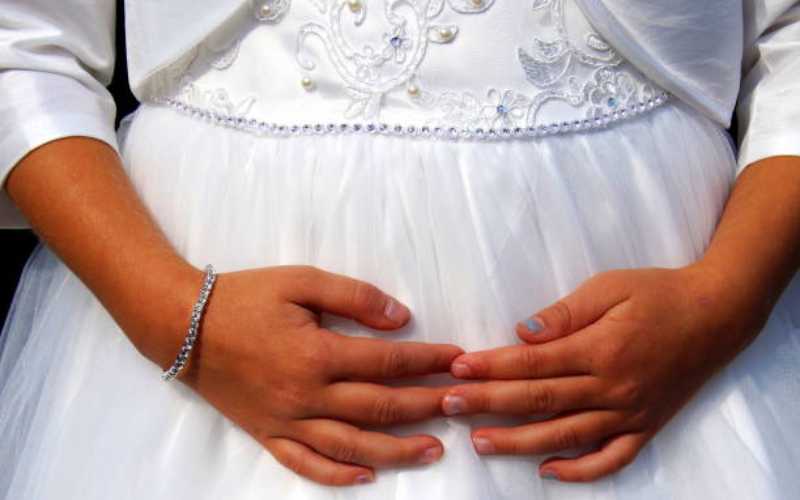×
The Standard e-Paper
Stay Informed, Even Offline

Child marriage is a major violation of the rights of the girl child. This violation not only impacts negatively on girls but also on the lives of their children and communities.